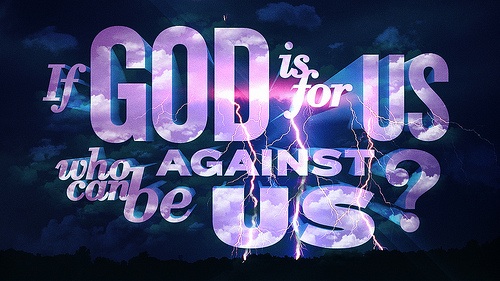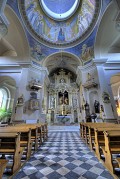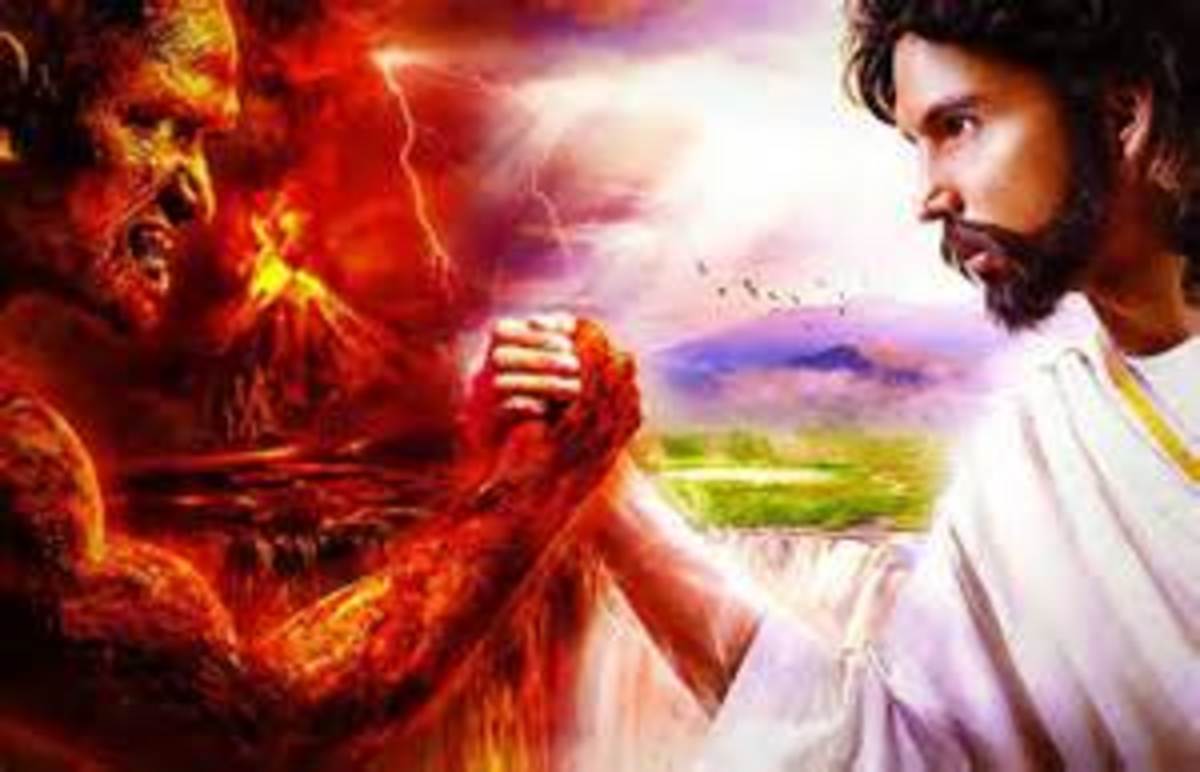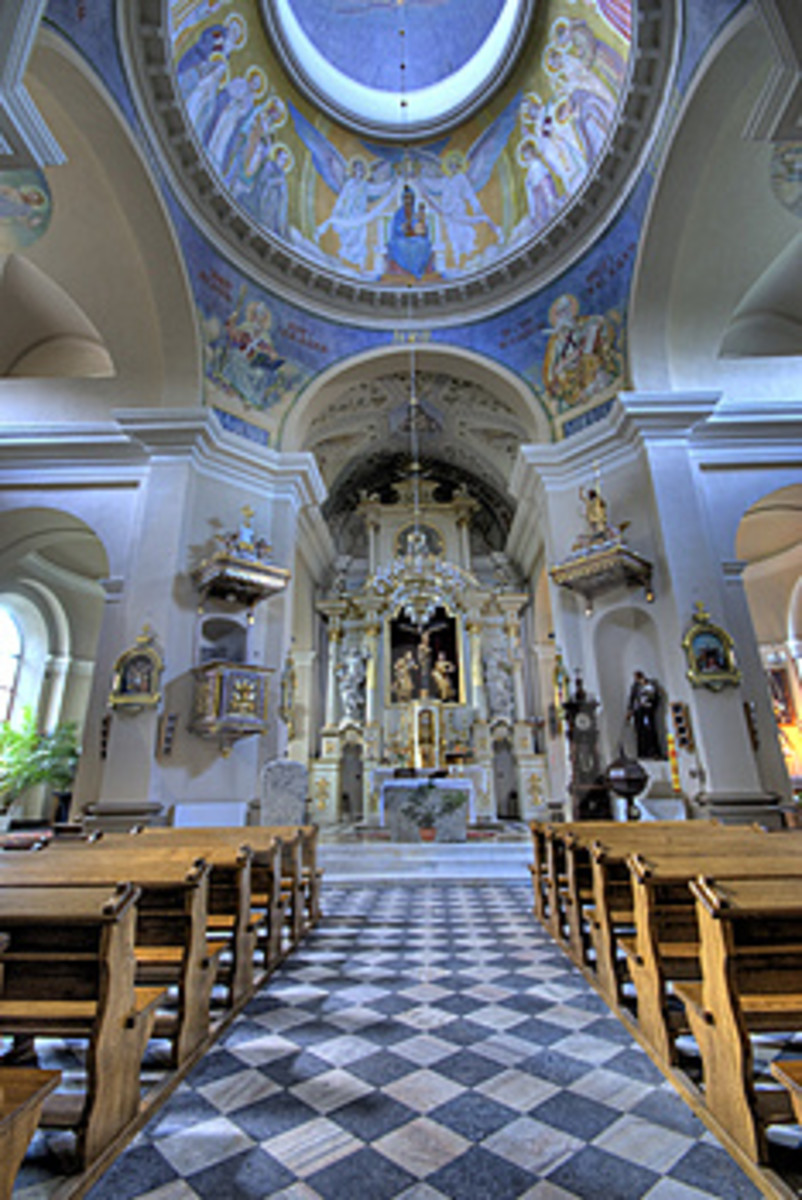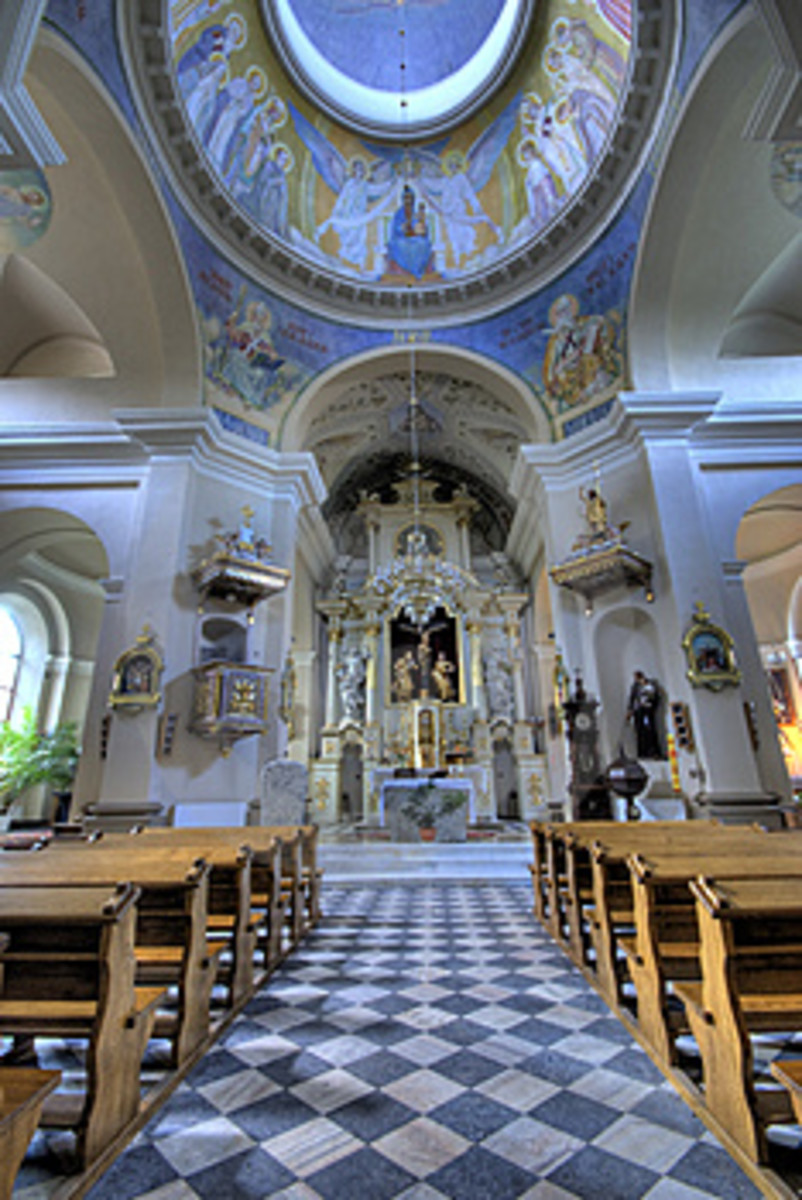Where Our Help Comes From
Psalm 124 & 125
Psalm 124
A Song of Ascents. Of David.
1 If it had not been the Lord who was on our side
—let Israel now say—
2 if it had not been the Lord who was on our side,
when our enemies attacked us,
3 then they would have swallowed us up alive,
when their anger was kindled against us;
4 then the flood would have swept us away,
the torrent would have gone over us;
5 then over us would have gone
the raging waters.
6 Blessed be the Lord,
who has not given us
as prey to their teeth.
7 We have escaped like a bird
from the snare of the fowlers;
the snare is broken,
and we have escaped.
8 Our help is in the name of the Lord,
who made heaven and earth.
Psalm 125
A Song of Ascents.
1 Those who trust in the Lord are like Mount Zion,
which cannot be moved, but abides forever.
2 As the mountains surround Jerusalem,
so the Lord surrounds his people,
from this time on and forevermore.
3 For the scepter of wickedness shall not rest
on the land allotted to the righteous,
so that the righteous might not stretch out
their hands to do wrong.
4 Do good, O Lord, to those who are good,
and to those who are upright in their hearts.
5 But those who turn aside to their own crooked ways
the Lord will lead away with evildoers.
Peace be upon Israel!
Introduction
The two psalm readings above are a part of a collection of fifteen psalms known as the Psalms of Ascent. They are a collection of psalms used in ancient times for when the people of Israel made the pilgrimage journey to worship at the temple in Jerusalem. from the first through fifth Hub, we have been looking at these pilgrimage psalms for how they offer us images of common themes for living. These psalms were used on the journey to grow closer to God. In these Hubs, we have looked at these traveler’s psalms for how they may apply to us in our lives today: We are not travelers on a pilgrimage journey to the temple to worship God, but we are still on a pilgrimage journey of our own – it is the journey we call life. How well will we survive on this journey? It all depends on how we make the journey; it all depends on where we place our trust. This Hub marks the end of our series; what have we learned on our journey?
These Hubs have looked at themes that are common, quite ordinary ideas in the previous two weeks, dealing with home, family, work, and community. In this way, we have seen that there is nothing mundane or secular, but that all areas of our lives are impacted by our relationship with God. We have also looked at deeper themes that deal with personal and even private areas of our lives such as trust, despair, and deliverance. In this way, we’ve seen how we don’t need to face our problems alone, but that we need an advocate in God, who cares about our struggles and needs. With Psalms 124 & 125, we have one last look at what God is telling us in this section of God’s Word.
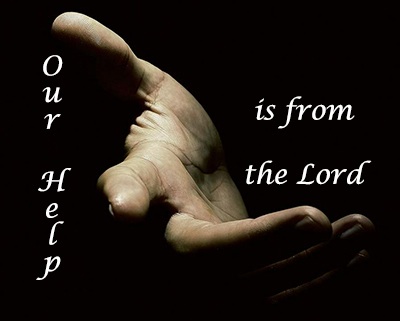
The Message In Psalms 124 & 125
There’s a progression of the set of psalms picturing the needs of a person who is feeling outside the right relationship with God, then moving in faith and trust in God’s ability to deliver and save. We saw this in Psalms 120 & 121 (looked at in Hub: “Out Of Exile, Into God’s Presence” & Hub: “Knowing Where To Look”). This progression is repeated with Psalms 124 & 125 with the experience of the faith group. Just like an individual, the faith community struggles with their relationship with God. As a community, we need to make the same claim of faith in God in the same way we do as individuals. Are we part of a faith community that is faithful to solve problems according to God’s ways? Do we trust in God when we make decisions, and do we respond in obedience to God’s leading and calling? That is the ultimate message of these psalms ‘Our help comes from God.’
You might be thinking that these psalms are talking about ancient Israel’s experience, and don’t have anything to do with us living in the 21st century. But the experience of Israel is instructive for us. We can use these stories (and in this case, the poetic connection to the stories) as a metaphor for us. When we struggle with our situations, will we respond to God in trust and faith, or will we instead respond in disobedience?
Psalm 124 has an interesting pattern to it: There’s an “if-then” pattern that moves the reader from crisis to trust, and then praise to God.
-“If” – v. 1 & v. 2 -> “then” – v. 3 & v. 4
We could rewrite the poem to suit our own setting: 'If it had not been for the LORD who was on our side, ‘let [-your faith community-] say; If it had not been for the LORD who was on our side, when trouble came our way, then we would not have been spared by the storm.’ ‘If the LORD had not been on our side, we would not have been able to rebuild after the disaster.' ‘If the LORD had not been on our side, we would have given up all hope.’ If the LORD had not been our side…'
We could write any number of suitable paraphrases. The “if-then” pattern gives way in vv. 6 & 7 as a statement of trust, saying in effect: ‘Since God has delivered us from trouble, we can trust in God who is faithful in love and care for us.’ Where does our help come from?
-v. 8 tells us, “Our help is in the name of the LORD who made heaven and earth.”
This is a wonderful statement of faith to make isn't it? As fellow readers, let us repeat this confidently together… "Our Help is in the name of the LORD who made heaven and earth!"
Psalm 125 continues the theme of trust, “Those who trust in the LORD are like Mount Zion, which cannot be moved, but abides forever. As the mountains surround Jerusalem, so the LORD is all around his people from this time on and forevermore.” We can rewrite this as well to make a picture closer to home: ‘Those who trust in the LORD are like the forests and mountains and coasts near our homes, which cannot be moved, but abide forever. As the hills that surround your home, so the LORD is all around his people from this time on and forever more.' You know the geography near where you live better than I do, so you can write your own paraphrase. The important point is that God is here to protect us, just as God was present and cared for Israel. Those who choose evil over good will come to no good end. God’s blessings are showered on to those who trust in God and seek to live according to God’s ways.
This progression is repeated with Psalms 124 & 125 with the experience of the faith group. Just like an individual, the faith community struggles with their relationship with God. As a community, we need to make the same claim of faith in God in the same way we do as individuals. Is your faith community one that is faithful to solve our problems according to God’s ways? Does it trust in God when we make decisions, and do we respond in obedience to God’s leading and calling?
Conclusion
When we read Psalms 125 & 124, we read the affirmation that God is where our help ultimately comes from. But when we claim that truth, we are saying that we are not sufficient to create and secure our own lives and futures. In short, we need help! This is a hard thing to admit, isn’t it? We like to cling to the idea that we are in charge, and the ones who determine our future. We live by the adage that ‘God helps those who help themselves.’ The message of these psalms of trust is the exact opposite: God helps those who cannot help themselves. Without this understanding, we can never understand the heart of the message of the Bible: and that is the grace of God.
Psalms 124 & 125 remind us that God is “for us,” and is “our help.” Indeed, as we read elsewhere in Scripture: “If God is for us, who can be against us?” (Romans 8:31)
